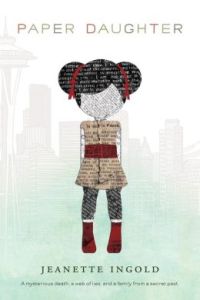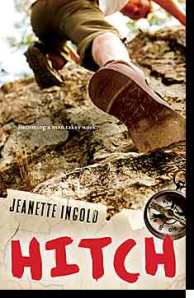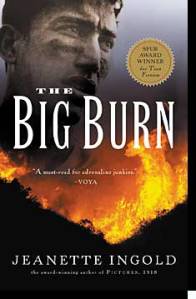So, I’m in that place I call Tweenland, and I’m not talking about that genre of children’s literature that is broadly written for kids in their “tweens.” Nope, rather I’m in that place between projects, somewhere on the other side of Donesville but not quite near enough to Drafthaven.
Drafthaven is the realm where all of my inadequacies rise to the surface. My friend and fellow author, Jeanette Ingold, once told me that every time she starts a new novel, she feels as though she has to learn all over again how to write one. This, from a woman who has written several highly-acclaimed novels, a craftswoman of the highest sort. It’s hard for me to imagine that Jeanette, with all her acumen, has to relearn anything. But Jeanette is also canny, and she wouldn’t say that just to provide comfort.
No, I think what she meant for me to see was that each and every story has its own sensibility and its own requirements, not only of the research and the prose style and all those other things, but it also has its own requirements of the author herself.
The Underneath, for example required me to to figure out how to finish, to see a project all the way through to the end. Keeper required me to be honest about the difference between anger and heartbreak, and to choose the latter over the former. True Blue Scouts needed for me to remember joy, joy in the writing, joy in the story, joy all around. When I think of each of those books, I can see that I had to learn about all of those things, and more, in the process of bringing each book to the page.
But Tweenland is so cozy. I like it here. It’s a great place to be lazy and catch up on reading and watch sitcoms and stare. Staring is good. But it’s also like that place in Pinnochio where its all fun all the time . . . that is, until it’s not fun. Eventually, it gets boring. I’ve got to get out of here!
But I keep getting stuck by the question: what is it that I need to learn in order to start the book I want to write? It’s hard because until I actually put pen to paper, or fingers to keyboard, there is no way of knowing. I’m caught in my own circular argument. Like Jeanette said, I’ll have to learn how to write this new book, and I’ll have to do it as I go. And it might make me feel really, really dumb, and I might not make it all the way to the end, and what if I get stuck, and what if it doesn’t make sense and what if nobody likes it and then nobody likes me? Ack!
Tweenland is better!
There’s chocolate.
Sudoku puzzles.
Cats who don’t care whether I ever write another word or not!
Double ack!
What I do know, for certain, is that the project that is waiting for me has something to teach me, and that until I begin I won’t know what that is. In fact, I may not know until after I’m finished. That is highly likely. What I also know, but hate to admit, is that staying in Tweenland is a trap. If I get too comfortable here, I’m likely to stay forever. And then what? Will the world be lesser without one more Kathi Appelt book? Of course not. But will I be lesser?
Again, I don’t know. And that’s one of the wonders of creating a story—encountering all of the “I don’t knows,” maybe especially the one that is meant only for the author herself.
Drafthaven calls, with all its crazy sinkholes and roadblocks. I need to go there. Yep. It’s time to put my boat in the water and leave Tweenland, at least for the time being. And what do you know? There’s a boat right there for you too. Grab a paddle. I’ll meet you on the other side. I bet Jeanette will be there too.








